Procrastination, huh? You do it. I do it. We all scream for ice--oh, wait, I got carried away! 😄 But seriously, we all do it. And if someone says they never procrastinate, I'd be like, "Yeah, sure buddy."
You know how it goes--dodging that phone call or delaying that one task you can totally tackle tomorrow. We all have those moments when there's something we'd rather not do, right? And if you're anything like me, you might find yourself doing just about anything else but that thing. That awful thing that sticks to you like a leech, draining your energy.
I don't know about you, but when I procrastinate, I can't truly unwind. That little voice of guilt always hangs around in the back of my mind, whispering, "I'm still heeeere." So I just sit there all day, frozen, scrolling through Reddit and drowning out that persistent voice with a never-ending stream of memes and nonsense.
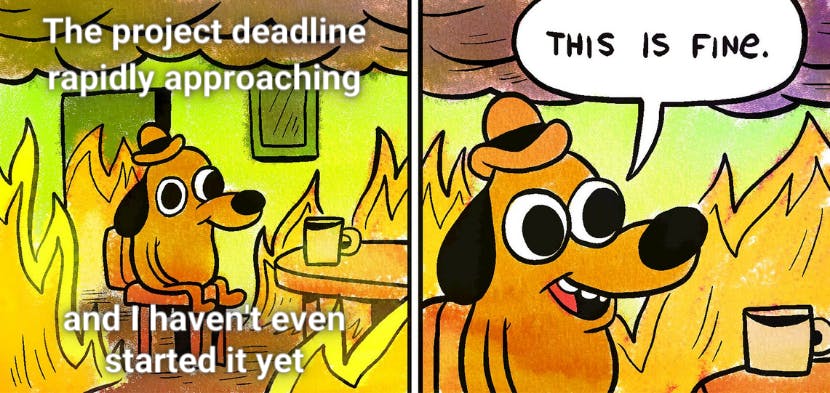
And then, boom, my whole day's gone just like that, doing nothing. I'll probably call myself a lazy, unmotivated loser, hit the sack, and then do the same thing the next day.
There used to be a time when I'd eventually get around to doing the task--typically, at the last minute. I'd do it in a mad rush, slapping stuff together and crossing my fingers that it turned out okay. Or sometimes, I wouldn't do it at all, and I'd feel so embarrassed for letting everyone down, or I'd get slapped with late fees or even miss out on amazing opportunities.
Then I discovered I have ADHD.
Before, people would tell me to stop worrying and just do it. Saying this to someone with ADHD is kind of like telling someone with no legs to climb a bunch of stairs on their own. I mean, maybe they could, but it would take a tremendous amount of effort and leave them completely drained. And if they're already tired, it might not even be an option.
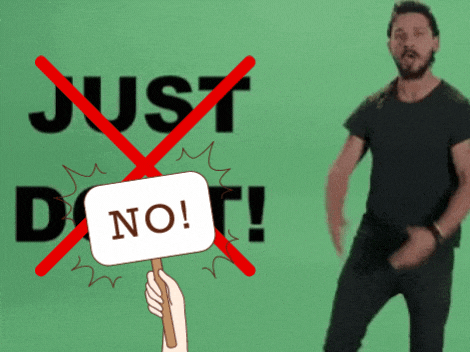
Tackling the task you've been putting off isn't just about willpower or being lazy. It's more about understanding the challenges and finding the right support to make it happen.
Here's where STRESS plays a role, my friend.
These 6 letters stand for the obstacles you might be facing while tackling your to-do list. Once you figure out what's tripping you up, you'll be able to take action and overcome it. And at last, get the thing done.
So, let's dive in together!
Struggling with laziness and procrastination? Give S.T.R.E.S.S. a try!
S stands for Steps
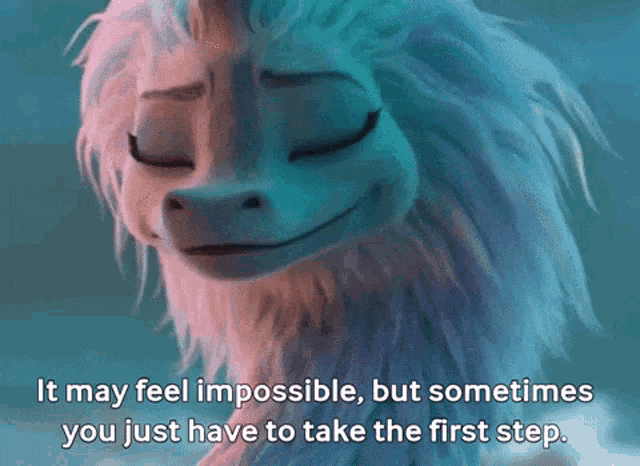
When you first start your task, you might find that the first or next step is wrong, unclear, or just too complicated for what you need or can do right now. If you don't even know where to start, how are you supposed to work on it?
So, to make things easier, it's important to pick a friendlier, more doable, and clear first step.
For instance, if you need to write a report, start by brainstorming ideas and creating a rough outline. Breaking your task into smaller, more manageable steps will help you handle any challenges and reach your goal with a smile.
T stands for Thinking
If you get caught up in negative self-talk (thinking), it can mess with your ability to keep going and stay strong. Saying things like "I should be done with this by now!" can bring you down and not help at all.
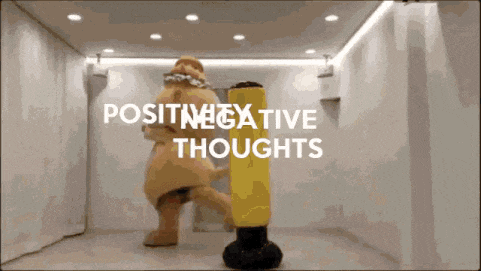
To beat that harsh self-talk that's holding you back, swap those thoughts with kinder and more patient words. Take it easy on yourself and give yourself grace. You can say something like, "I'm working on getting ready for this task. What's the next step I should focus on to keep moving forward?"
Changing how you talk to yourself can help you stay positive and keep you on track to crush those goals.
Check out this uplifting TEDx talk, The Power of Yet by Carol S. Dweck. It's really inspiring! And if you find it hard to switch those negative thoughts with positive ones, have a look at my article on positive self-talk for when you hate yourself.
R stands for Research
Maybe you're not sure about the specific requirements needed to complete your task. How can you finish something if you don't understand the objectives of a project? Or maybe you just don't know enough and need to learn more about the subject. After all, you can't write code without knowing the language first.
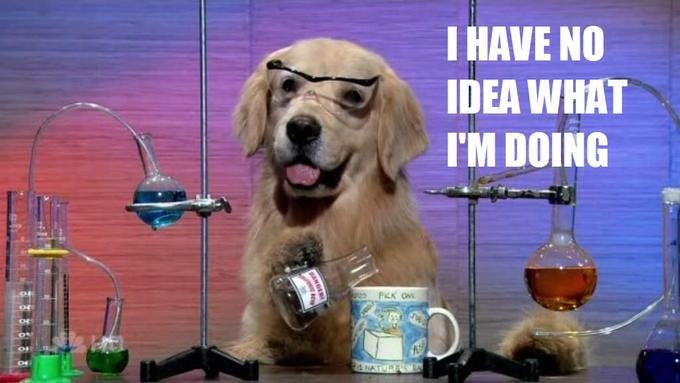
To gain a deeper understanding and gather more information by doing research. When you need extra info or insights, don't hesitate to ask for help or explore various resources. Chat with knowledgeable folx, or check out reliable sources like books, articles, or websites. By actively seeking out information and growing your knowledge, you'll be better prepared to make smart decisions and crush those goals.
Don't know where to start? I've found Learn Anything, The Free Learning List, and Class Central, just to get you started.
E stands for Emotion
Sometimes, we might stumble upon an emotional roadblock that's linked to a specific event from our past, and it can make us feel a strong aversion. It could be because of past trauma or a not-so-pleasant experience, and it can really influence your current thoughts, feelings, and actions when it comes to the task at hand.
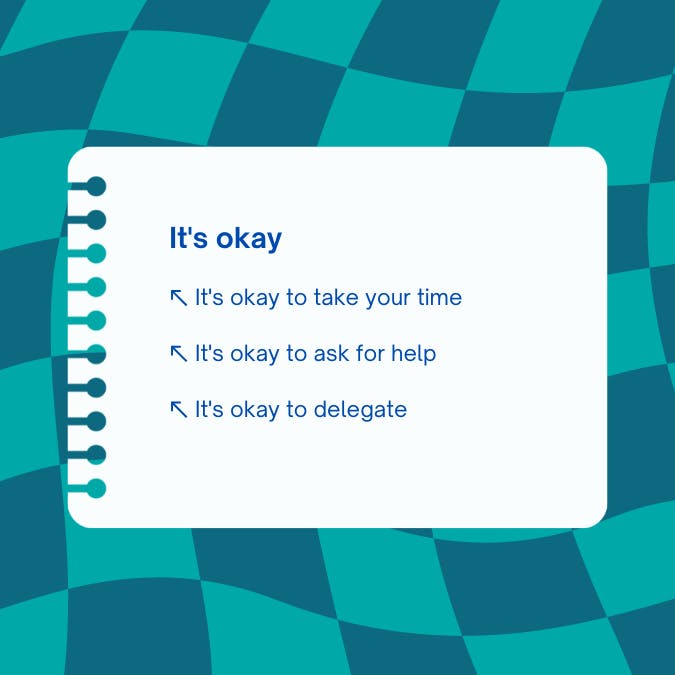
To effectively work through the emotional roadblock that might be holding you back, it's important to find different ways to help you get past this hurdle (maybe by trying therapy or counseling). You could delegate or outsource the task to someone else who is better equipped to handle it, which can lighten the emotional load for you. Or, you could think about mixing the task with something that makes you feel good, like listening to your favorite tunes or getting help from a friend.
By finding helpful strategies that work best for you, little by little, you'll see those emotional walls come down, and before you know it, you'll be heading towards a healthier and more positive path!
S stands for Sensory Issues
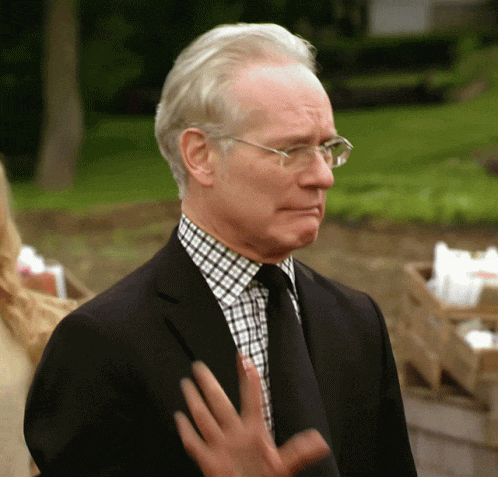
Some tasks might either overstimulate or understimulate your senses. You might feel overwhelmed by sounds, sights, touch, or smells, which can affect your comfort and focus. Or it could be painfully boring or uninteresting.
If you're dealing with sensory stuff, try finding ways to either tone down the intensity or add some extra fun to it. Like, if touching certain things makes you uncomfortable--I'm looking at you, dishwater that always manages to splash on my shirt--try wearing gloves or protective clothing to make it easier. On the other hand, if it's not stimulating enough, try putting on a playlist or listening to a podcast.
In certain situations, a good idea might be to team up with a buddy or a family member to help you.
Why not swap tasks with someone if you find it too overwhelming or just plain icky? That way, you can focus on the parts that you enjoy and feel comfy with. Working together not only helps you share the load but also brings you closer and helps you understand each other better. By doing this, you'll be able to find a happier, more positive way to get things done, while keeping your unique sensory needs and likes in mind.
S stands for Self-care
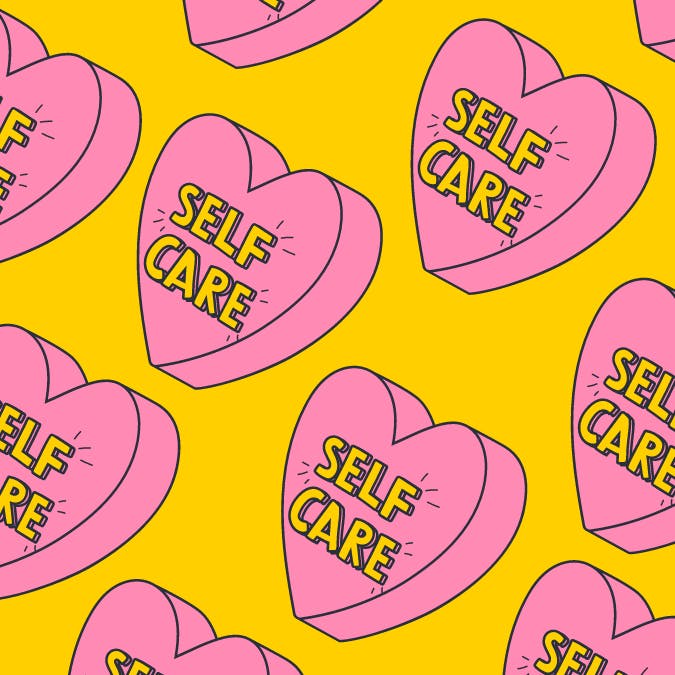
It's essential to prioritize self-care. This means addressing any deficiencies in essential aspects that your brain or body requires to function optimally. These may include getting enough sleep, consuming nutritious and regular meals, allowing yourself sufficient rest, engaging in playful activities, and maintaining social connections with others. By attending to these needs, you can create a happier, more positive environment to accomplish tasks while keeping your unique sensory preferences and requirements in mind.
Don't forget to take care of yourself! Make sure your brain and body get what they need to be at their best, like enough sleep, tasty and healthy food, downtime, doing hobbies or sports, and spending time with friends and family. By doing this, you'll have the energy to tackle your to-do list and keep yourself from burnout. 😊
So, there you go! Beating procrastination isn't easy, but you can do it by figuring out what's holding you back and finding ways to deal with it.
Give the STRESS method a try to spot your roadblocks, and then get past them with some positive self-talk, a bit of research, sorting out any emotional issues, fixing sensory stuff, and putting yourself first. Remember, taking good care of yourself is key to having the energy to conquer your to-do list and steering clear of burnout.
Now, go STRESS out on everything! You've got this!
